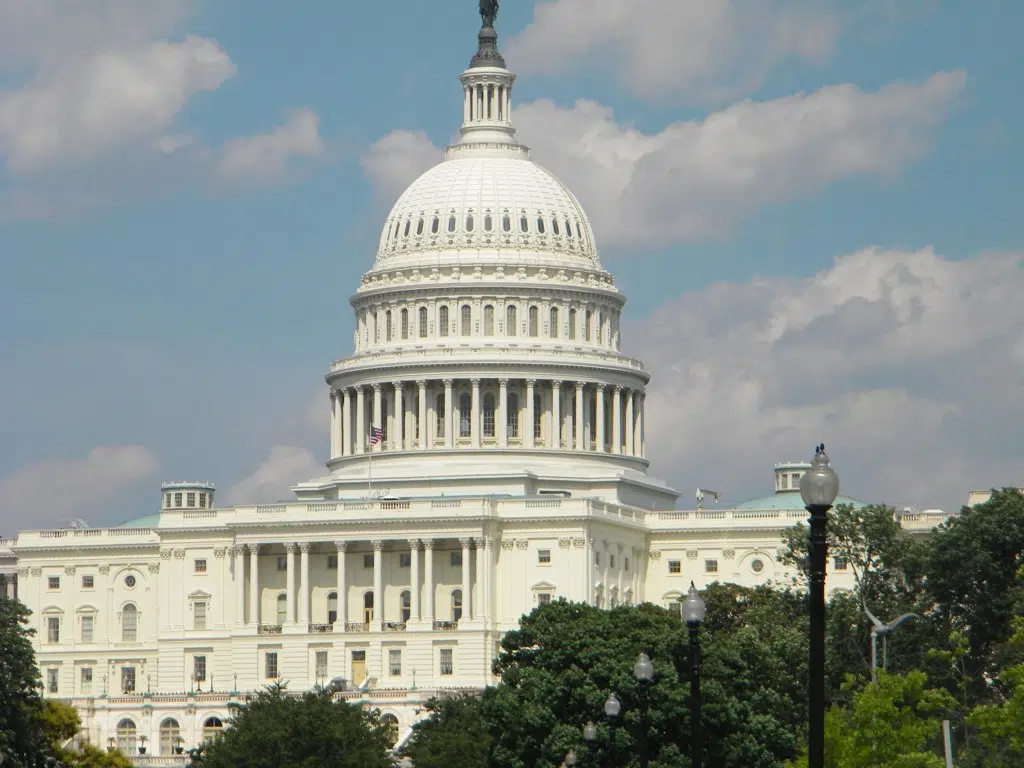WASHINGTON, Oct 25 (Reuters) – The U.S. House of Representatives elected Republican Mike Johnson, as its speaker on Wednesday after a turbulent three weeks that left the chamber unable to respond to the Middle East crisis or carry out any of its basic duties.
The 220 to 209 vote elevated third-term congressman Johnson, 51, to a speaker’s chair that has been vacant since Kevin McCarthy was ousted on Oct. 3 by a small group of Republicans angry about a deal with Democrats that averted a partial government shutdown.
In the weeks that followed, Republicans who narrowly control the House considered and rejected three possible replacements before settling on Johnson, a Louisiana lawyer backed by former President Donald Trump who spent years advancing conservative policies like school prayer.
First elected in 2016, Johnson will be the least experienced House speaker in decades. He is best known as the author of an unsuccessful appeal by 126 House Republicans after the 2020 presidential election to get the Supreme Court to overturn election results in states that Trump had allegedly lost.
In a letter to colleagues, Johnson has vowed to advance overdue spending legislation and ensure that the U.S. government does not shut down when current funding expires on Nov. 17.
He will also have to respond to Democratic President Joe Biden’s $106 billion spending request for aid to Israel, Ukraine, and U.S. border security. While his Republicans broadly support funding for Israel and the U.S. border, they are divided over further support for Ukraine.
While House leaders typically focus on fundraising and vote counting, Johnson is better known as an advocate for conservative social positions.
He has supported legislation that bars transgender surgery and hormone treatment for minors, prohibits mask mandates on airplanes, and tightens immigration and abortion restrictions.
Republicans narrowly control the House by a 221-212 margin, leaving them with little room for error on controversial votes. Their divisions were on display over the past few weeks, as they nominated three candidates for speaker — Steve Scalise, Jim Jordan, and Tom Emmer — but were unable to provide the 217 votes needed to win the speaker’s gavel.
Reporting by Andy Sullivan, David Morgan and Moira Warburton, Richard Cowan, Makini Brice, Jason Lange and Susan Heavey; writing by Andy Sullivan; Editing by Scott Malone, Alistair Bell and Jonathan Oatis






Comments